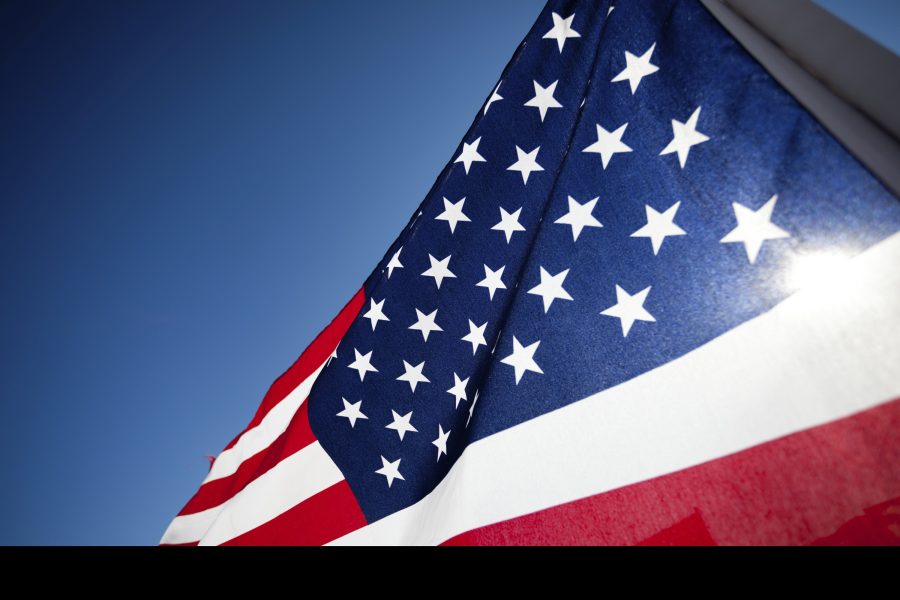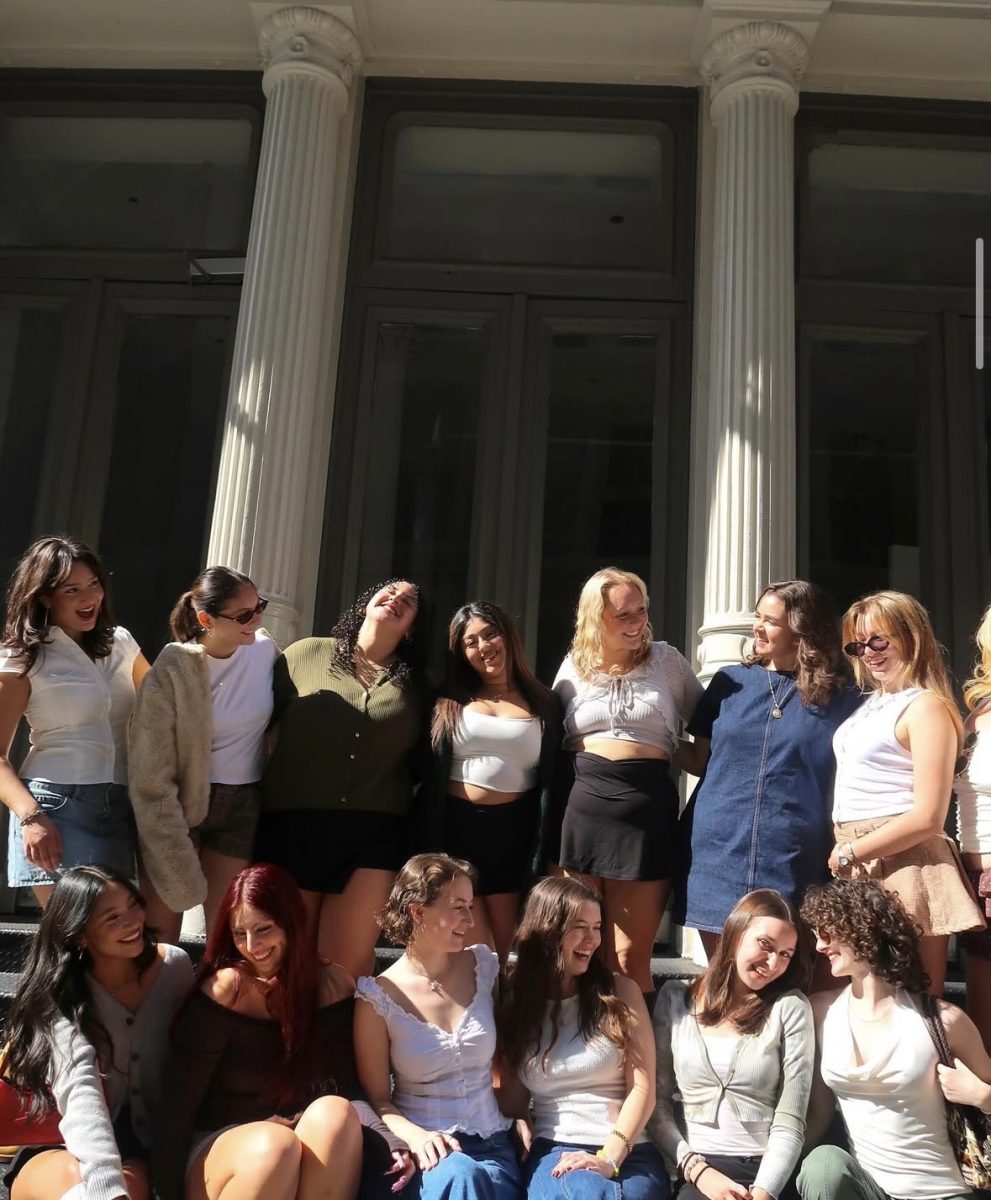On May 25, Memorial Day was met with great appreciation and patriotism from coast to coast throughout the nation. People engaged nationwide in reunions and participated in honoring the loved ones who have served in the military.
Some go to great lengths to keep the memory and contributions of their loved ones alive, as in the case of one man, Bill Krissoff, an orthopedic surgeon and father of two Navy-enlisted sons: Nathan, a lieutenant stationed in Fallujah, Iraq, and Austin, an Officer Candidate in Quantico, Virginia.
In 2006, Lieutenant Nathan Krissoff was killed during his service in the Navy. His father wanted to contribute to his memory by enlisting in the Navy Medical Corps. This endeavor was not met without conflict. Krissoff, age 61, was initially denied the ability to enlist because he did not meet the age requirement for the job, even with an age waiver. When Krissoff was later awarded the opportunity to meet former president George Bush in Dec. 2007, he made his case known. Bush has previously made a point to connect with families who have lost a loved one during war.
“No disrespect, but I’m younger than you are,” Krissoff recalled saying as a lighthearted defense in his conversation with Bush, in an interview outlined by Barbara Diamond on littlethings.com. A week after conversing with the president, his recruiter confirmed that he was eligible to enlist, proving that his struggle was not in vain.
“My time in Afghanistan was the most indelible experience of my life,” he later said in the interview.
This is only one example of the many remarkable feats that honor loved ones who have died while overseas at war. However, though a very noble profession, some may dispute the idea of enlisting for various personal reasons, ranging from distaste in violence to feeling disconnected to the cause.
A post written by curator Brandon Weber on UpWorthy.com details a statement made by Muhammad Ali in 1967, regarding the decision he made on being drafted in the war in Vietnam.
“My conscience won’t let me go shoot my brother or some poor, hungry people in the mud for big, powerful America…they didn’t rob me of my nationality, rape and kill my mother and father,” he declared, but despite his noble reasoning he was considered a “draft dodger” for his decision.
As a result of this statement and his detestation for the war, Ali was banned from gaining a visa to fight overseas, and faced harsh backlash for his position. Ali used this as an opportunity to speak on behalf of his beliefs.
Though Americans fight for the good of their country overseas in various wars and battles, the right to exercise choice is just as valid. Many remain supporters, or protest peacefully against injustice, without venturing to the front lines of battle and risking their lives. Such actions ought not to be looked down upon, but rather applauded as they carry similar political weight and all come down to one simple concept: the ability to choose in a nation that has extended important inalienable rights to do so.






